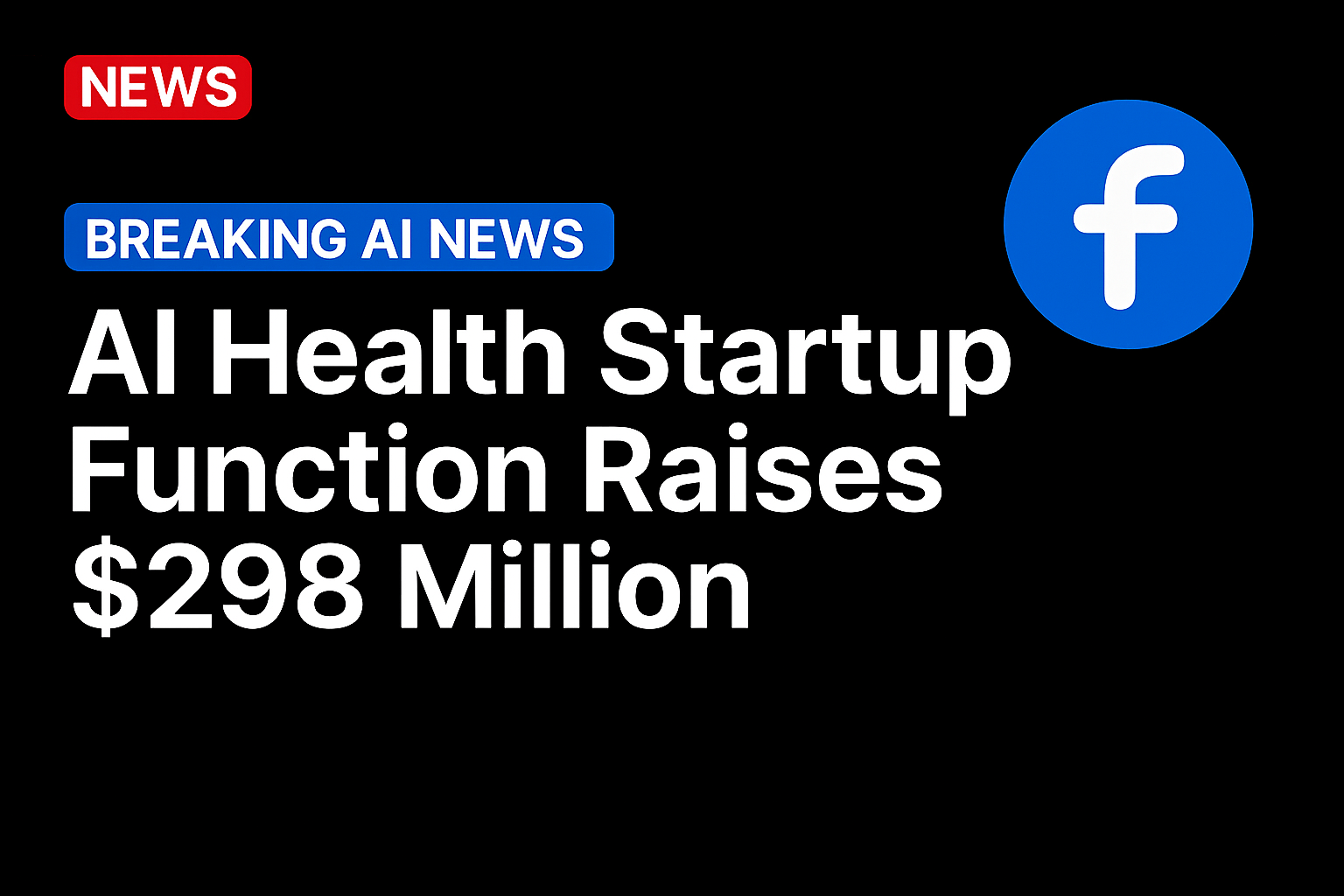
Function Health, a startup focused on AI-centered health testing, has raised $298 million.
“Function is redefining preventive healthcare by making comprehensive health insights accessible to everyone,” Redpoint Ventures, which led the Series B round, said in a post on its LinkedIn page Wednesday (Nov. 29).
“Through routine whole-body lab testing, advanced imaging, and access to world-class physicians, Function empowers members to pursue 100 healthy years.”
A report on the funding round by TechCrunch said the new financing brings Function’s valuation to $2.8 billion. The report also noted that Function has just unveiled Medical Intelligence Lab, a “medical intelligence” generative artificial intelligence (AI) model — trained by doctors — that can offer personalized health insights based on users’ data, content and research.
For its customers, Function is rolling out an AI chatbot that can answer questions based on user health data and can look into their previous lab results, doctor’s notes, and scans to provide tailored guidance.
“It is not good enough to be in a world where AI exists and not be applying it to your health,” Jonathan Swerdlin, Function’s co-founder and CEO, told TechCrunch. “You should be able to manage your biology. The objective of Function Health is to apply the best available technology to human health.”
The new funding is happening at a moment where healthcare-related AI projects are “starting to attract serious capital,” as PYMNTS wrote last month.
During the first half of this year, healthtech venture funding rebounded to $7.9 billion, with AI-focused companies like Ambience Healthcare raising $243 million in a single round. Tech giants are making aggressive bets on this field as well: Amazon and Nvidia are targeting medical imaging and diagnostics as crucial growth markets.
Governments are also taking action, with Great Britain undertaking efforts to establish AI oversight in healthcare, hoping to attract investment while protecting patient interests. In the U.S., a recent executive order earmarked $50 million to expand AI-driven pediatric cancer research. As PYMNTS reported, Medicare is reading a pilot for AI-assisted prior authorization in six states, beginning next year, to determine whether AI can streamline coverage decisions without slowing down care.
“But enthusiasm is tempered by the reality that not all AI delivers. Attempts to predict genetic mutations from pathology slides have produced sensitivities as low as 60 percent, eroding trust among clinicians and slowing adoption,” the report added.
“For executives, the signal is clear: investment momentum is strong, but adoption depends on evidence that stands up in practice.”
Source: https://www.pymnts.com/




